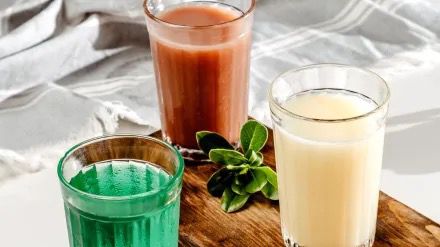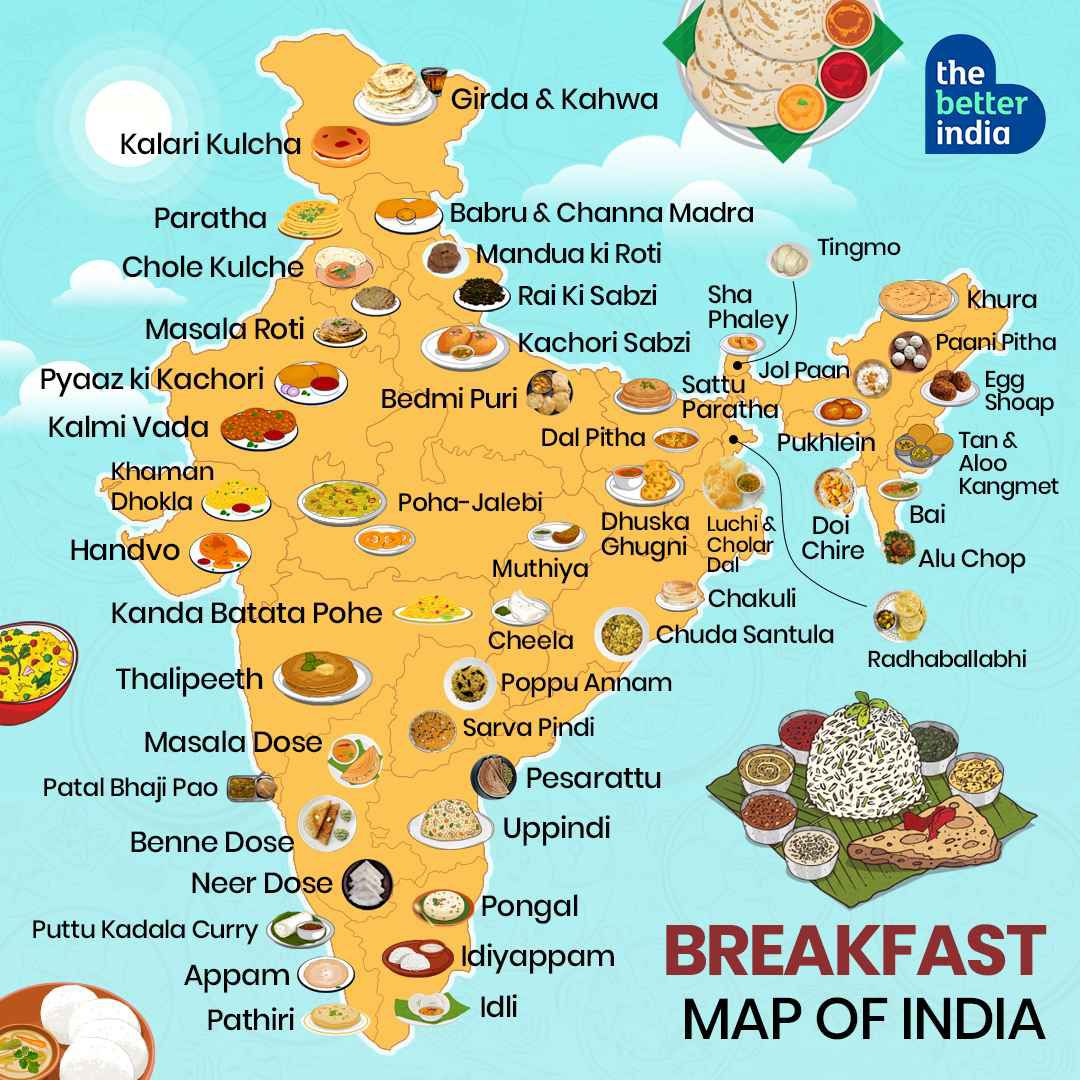 Image Source: The Financial Express
Image Source: The Financial Express
In the journey toward better health, gut wellness has emerged as a foundational focus, and probiotic drinks, rich in beneficial bacteria, are gaining popularity across India. These drinks not only soothe digestion issues but boost immunity and overall vitality by balancing the microbiome. Rooted deeply in Indian culinary heritage, these probiotic beverages carry centuries of wisdom now backed by modern science.
Key Highlights: The Power of Indian Probiotic Drinks
India’s dairy and fermented beverage industry is witnessing a strong probiotic boom, expected to grow at a 25% compound annual growth rate by 2032.
Probiotic drinks supply billions of live beneficial microbes per serving, primarily Lactobacillus and Bifidobacterium species, which aid digestion, reduce bloating, and promote immunity.
Brands like Amul, Mother Dairy, Heritage Foods, and Yakult have capitalized on this trend, offering probiotic buttermilks and yogurts with formulations tailored for Indian palates.
Startups such as MAVI and Ginger Nova are innovating with artisanal fermented drinks like black carrot kanji and organic probiotic ginger varieties.
Traditional Indian probiotic drinks like buttermilk (chaas), kanji, sol kadhi, hamei, handia, and panta bhat carry vibrant cultures enhancing digestive balance with natural fermentation.
Popular Indian Probiotic Drinks Explored
Buttermilk (Chaas)
A staple cooling drink across India, buttermilk is diluted curd churned with water and seasoned with roasted cumin, curry leaves, and rock salt. Variants like neer mor in Tamil Nadu refreshers the body and settle digestion after spicy meals.
Live cultures in curd promote a balanced gut flora and are gentle for most, though lactose intolerance calls for caution.
Kanji
Kanji is a fermented juice made mainly from black carrots or beets with mustard seeds, common in North India. Slightly fizzy and sour, it improves digestion and is rich in antioxidants.
Sol Kadhi
Popular in Goa and Maharashtra, this cooling drink made of kokum and coconut milk offers probiotics with anti-inflammatory properties, soothing digestion and refreshment.
Hamei and Handia
Fermented rice and finger millet-based drinks from Northeast India, these contain a host of beneficial microbes supporting digestion and gut health, lesser-known but prized in indigenous communities.
Panta Bhat
A fermented leftover rice dish common in Eastern India and Bangladesh, panta bhat shows the ingenuity of Indian fermentation, serving as a nutritious probiotic-rich staple.
Benefits and Nutritional Insights
Probiotics improve gut microbial diversity, aid nutrient absorption, regulate bowel movements, and reduce conditions such as irritable bowel syndrome and constipation.
These drinks provide additional micronutrients such as calcium, vitamins B12 and D, and bioactive compounds that support overall health.
They serve as affordable, accessible, and culturally resonant alternatives to imported probiotic products, aligning modern health needs with traditional wisdom.
Emerging Market Trends and Future Outlook
The rise of health-conscious millennials, increased disposable incomes, and influence from wellness influencers have propelled probiotic drinks’ popularity beyond traditional consumers.
Brands are innovating with dairy-free options, flavored probiotic blends, and ready-to-drink cold preparations to cater to urban, tech-savvy consumers.
Experts predict exponential sector growth, with Indian probiotic drinks poised to capture global interest due to their unique taste profiles and ancestral roots.
Practical Tips for Incorporating Probiotic Drinks
Start with small quantities to acclimate the gut and prevent bloating.
Combine with fiber-rich diets and regular hydration for best effects.
Choose homemade or trusted branded products to ensure live culture efficacy.
Conclusion
From chaas to kanji, India’s probiotic beverages offer a delicious, natural, and time-tested pathway to improved digestion and health. Embracing these gut-friendly traditions alongside modern probiotic innovations creates a holistic approach to wellness—perfectly suited to today’s health-conscious lifestyles.
Sources: Dairy News Today, The Good Bug, Financial Express
Advertisement
Advertisement






